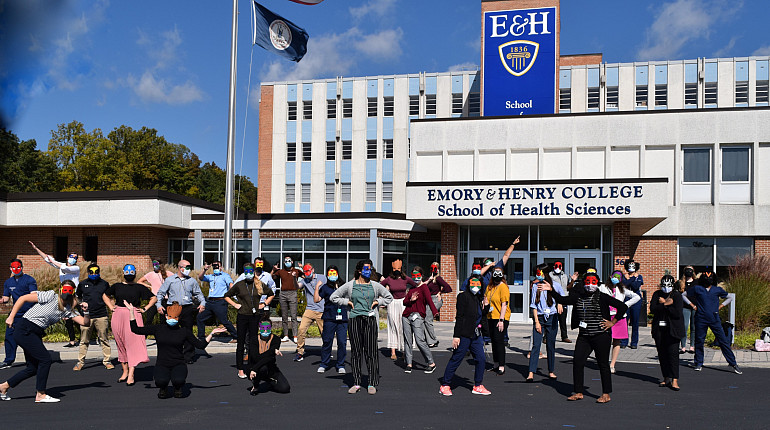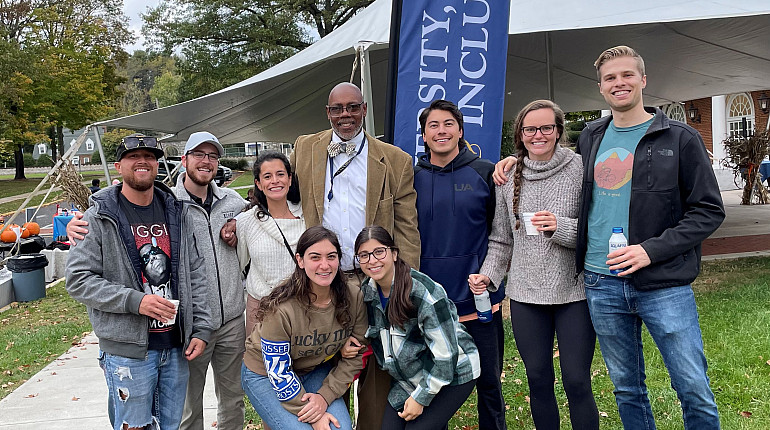We are committed to integrating the most current and effective instructional strategies, technology, and learning experiences to best prepare our students to meet the present and future healthcare needs of the region and the nation.
Student-centric and Mission-focused
With a primary goal to reduce suffering and empower our patients to lead lives of greater contentment, we focus on faculty, student, and patient contentment throughout the PA program. In so doing, it is our goal to assist students in not only developing into stellar, competent, compassionate and mission-focused PAs, but also to become better at “being”.
Beyond our stellar experiential activities, conducted throughout all phases of the program, we also implement active learning strategies that are purposive, holistic, reflective, complex, engaging, collaborative, and case-based.













